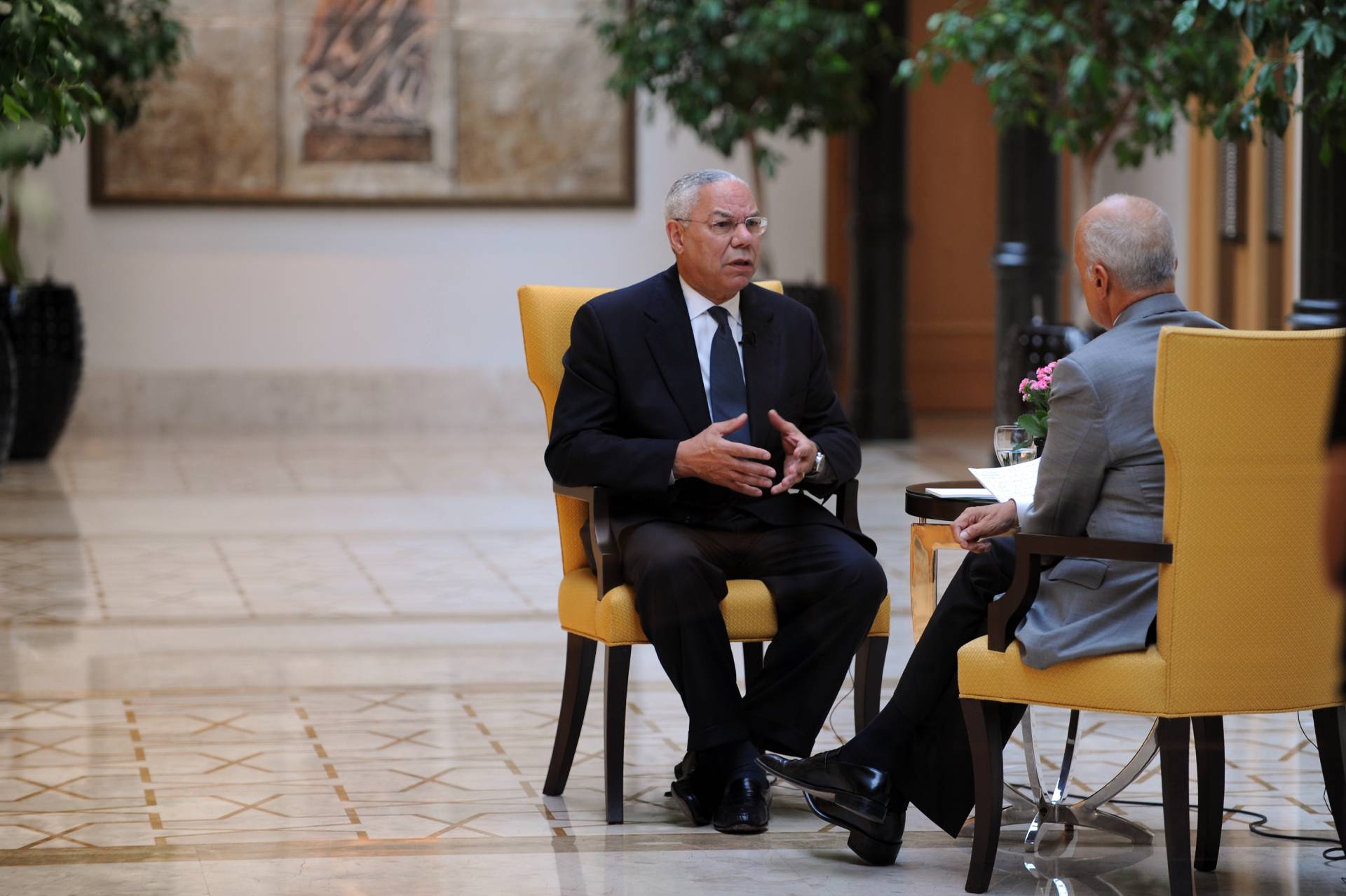Politicians and intelligence operatives always prefer to present vague, ambiguous and uncertain suppositions as unequivocal facts because people will be more likely to believe them.
In the same week, according to NBC News, “Theresa May told British lawmakers that U.S. policy of separating migrant children was unequivocally wrong,” and Business Insider quotes a US official concerned about North Korea’s nuclear policy: “There is absolutely unequivocal evidence that they are trying to deceive the US.”
Unequivocal and unequivocally are two extremely popular and useful words in political discourse.
Here is today’s 3D definition:
Unequivocal:
Absolutely certain, according to the guess or judgment of the speaker, until proved otherwise
Contextual note
British Prime Minister Theresa May’s “unequivocally wrong” serves to distinguish her as someone with a moral conscience, a sense of right and wrong, in contrast to the US president she is referring to who will soon be arriving as her guest in the UK. Let no one think that because she will shake his hand, she shares his evident (lack of) moral values.
We learn from the Business Insider article that the official who claims there is “absolutely unequivocal evidence” of Kim Jong-un’s deceitful intentions has based his claim on a “classified intelligence assessment,” a bureaucratic process through which partial evidence leads to a provisional supposition. In the next paragraph, we learn that the “officials said they believe North Korean leader Kim Jong Un may be trying to conceal the secret facilities from the US.”
In one sentence, the official speaks of “absolutely unequivocal” evidence and in the next tells us it is what he and his colleagues “believe” because it “may” be the truth. He also affirms that “There’s no evidence that they are decreasing stockpiles” and that “There are lots of things that we know that North Korea has tried to hide from us for a long time.”
As former US Secretary of Defense Donald Rumsfeld once said when hoping we might believe that Saddam Hussein really did possess weapons of mass destruction (WMD), “absence of evidence is not evidence of absence.” That form of reasoning, whereby a suggestion is taken for a fact, appears to still be a feature of defense and intelligence thinking.
Historical note
As recent history has repeatedly demonstrated, unequivocal proof is particularly useful for starting unjustified wars. An article in Consortium News by former CIA operative Ray McGovern reminds us of the notorious incident in the Bay of Tonkin in 1964 in which contradictory reports issued in a context of “panic and confusion … did not prevent [then-Defense Secretary Robert] McNamara from testifying to Congress two days later that there was ‘unequivocal proof’ of a new attack.” McNamara “later admitted that his statement regarding the Gulf incident was false.”
 And although Colin Powell, former secretary of state under George W. Bush, never used the word unequivocal when he went to the UN with his photographic “evidence” of Saddam’s WMD in early 2003, his intention was to leave the impression of unequivocal evidence. Writing in The New York Times on September 13, 2002 — six months before the invasion of Iraq — Madeleine Albright, former secretary of state under Bill Clinton, wrote, “The core of President Bush’s forcefully delivered on Iraq at the United Nations yesterday was irrefutable,” even though Bush offered no evidence at all.
And although Colin Powell, former secretary of state under George W. Bush, never used the word unequivocal when he went to the UN with his photographic “evidence” of Saddam’s WMD in early 2003, his intention was to leave the impression of unequivocal evidence. Writing in The New York Times on September 13, 2002 — six months before the invasion of Iraq — Madeleine Albright, former secretary of state under Bill Clinton, wrote, “The core of President Bush’s forcefully delivered on Iraq at the United Nations yesterday was irrefutable,” even though Bush offered no evidence at all.
Establishing the absolutely unequivocal truth has never been a necessity in politics, but stating that a desired picture of the world and particularly of one’s enemies is unequivocally true has consistently permitted rash actions that, more often than not, produce disastrous results.
*[In the age of Oscar Wilde and Mark Twain, another American wit, the journalist Ambrose Bierce, produced a series of satirical definitions of commonly used terms, throwing light on their hidden meanings in real discourse. Bierce eventually collected and published them as a book, The Devil’s Dictionary, in 1911. We have shamelessly appropriated his title in the interest of continuing his wholesome pedagogical effort to enlighten generations of readers of the news.]
The views expressed in this article are the author’s own and do not necessarily reflect Fair Observer’s editorial policy.
Photo Credit: Thomas Koch / Shutterstock.com
Support Fair Observer
We rely on your support for our independence, diversity and quality.
For more than 10 years, Fair Observer has been free, fair and independent. No billionaire owns us, no advertisers control us. We are a reader-supported nonprofit. Unlike many other publications, we keep our content free for readers regardless of where they live or whether they can afford to pay. We have no paywalls and no ads.
In the post-truth era of fake news, echo chambers and filter bubbles, we publish a plurality of perspectives from around the world. Anyone can publish with us, but everyone goes through a rigorous editorial process. So, you get fact-checked, well-reasoned content instead of noise.
We publish 2,500+ voices from 90+ countries. We also conduct education and training programs
on subjects ranging from digital media and journalism to writing and critical thinking. This
doesn’t come cheap. Servers, editors, trainers and web developers cost
money.
Please consider supporting us on a regular basis as a recurring donor or a
sustaining member.
Will you support FO’s journalism?
We rely on your support for our independence, diversity and quality.






